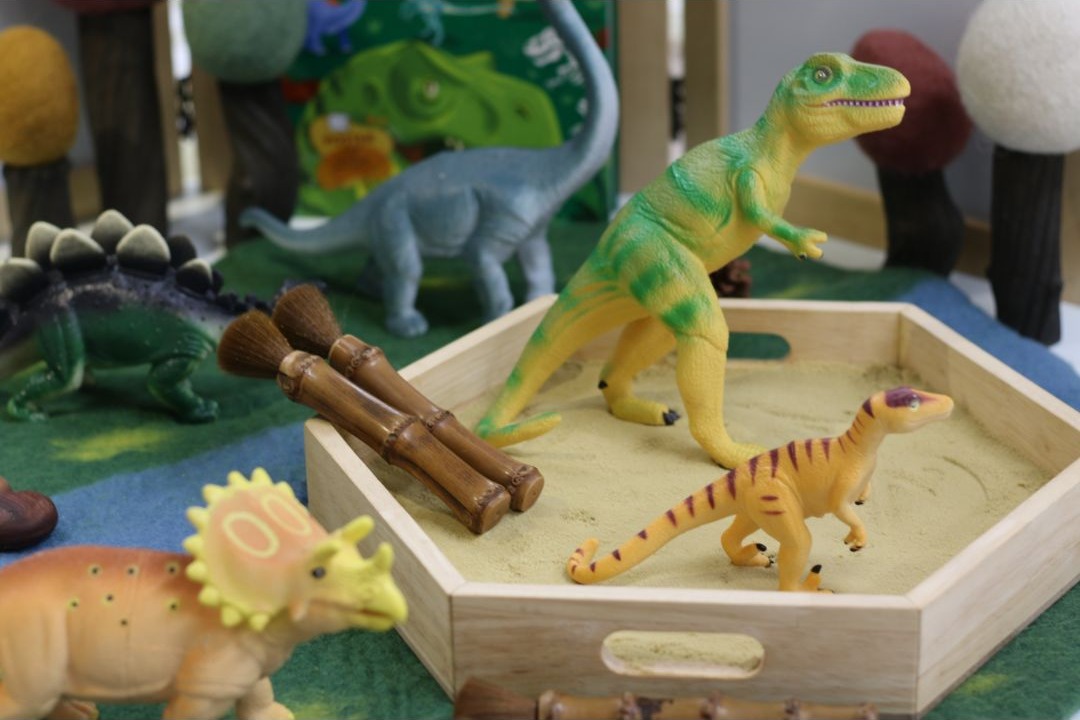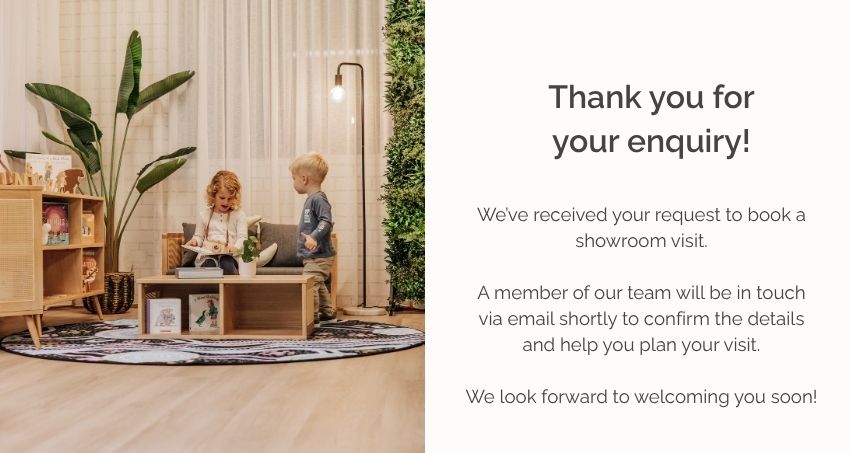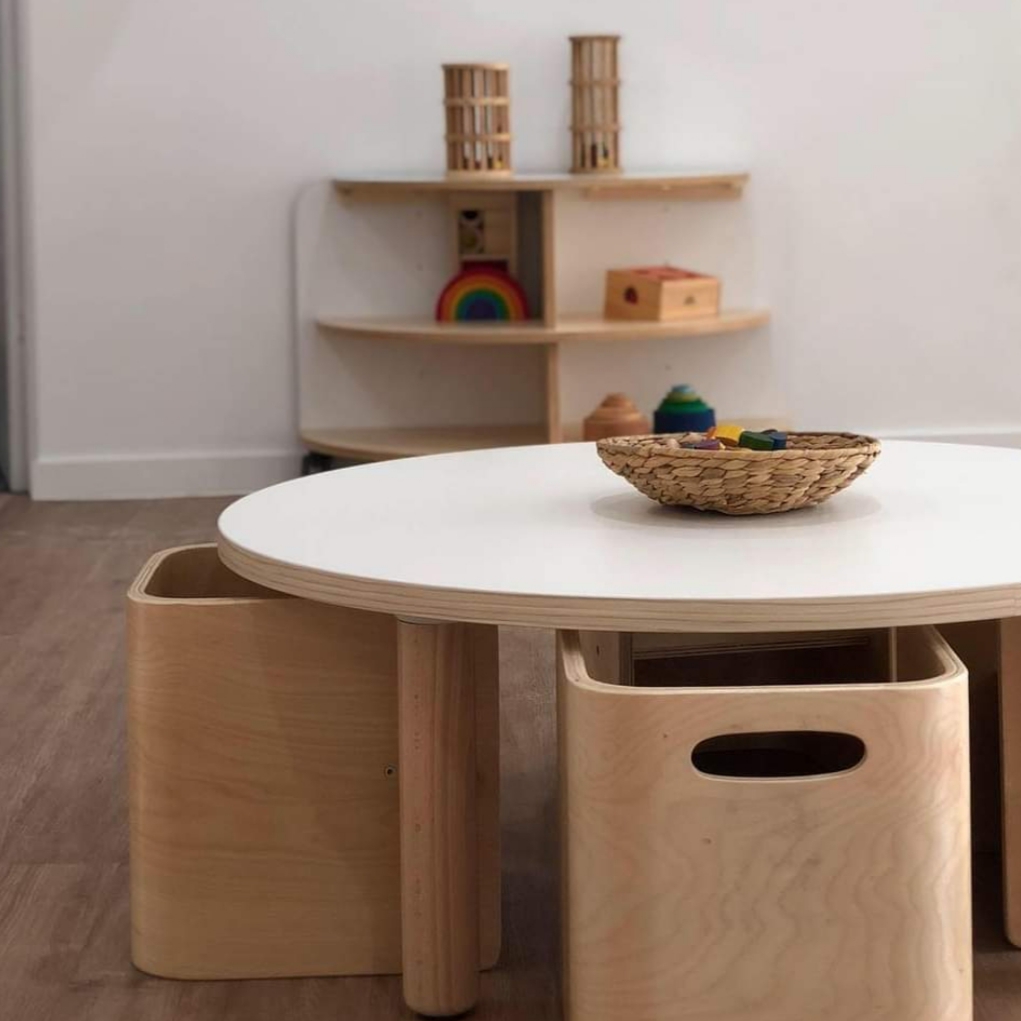
Provocations for Learning: Igniting Curiosity and Increasing Engagement
Play provocations are a powerful tool for igniting curiosity and increasing engagement in young children. A provocation refers to intentionally setting up an environment or providing materials that inspire children to explore, investigate, and create. These set-ups not only enhance play experiences, but also play a crucial role in fostering critical thinking, problem-solving, and creativity.
Whether you’re looking for a refresher or are wanting to explore the importance of provocations in early learning, we’ve highlighted some reasons why they should be integrated into your daily curriculum.
-
Encourages Inquiry and Exploration
Provocations set the stage for inquisitive minds to embark on their own learning journeys, right from a young age. Educators can stimulate children’s natural curiosity by presenting enticing materials or arranging engaging environments that invite them to explore, manipulate, and examine. For example, creating a mini gardening corner with seeds, soil, and watering cans, enables children to observe seed germination, explore the concept of growth, and nurture their natural surroundings. These intentional, well thought out provocations encourage hands-on exploration and promote a sense of wonder and curiosity.
-
Sparks Imaginative and Creative Thinking
Provocations serve as catalysts for imagination and creativity, encouraging children to think critically and solve problems independently. Open-ended materials, such as loose parts, blocks, or art supplies, allow young learners to employ divergent thinking and construct their own unique ideas. A provocation centred around loose parts, for example, can encourage children to creatively engineer structures and experiment with balance and stability. Consider adding a tuff tray as a base and laying out a variety of coloured blocks. These experiences foster creativity and innovation, nurturing a child’s individuality and ability to problem solve.
-
Integrates Subject Areas and Encourages Multidisciplinary Learning
Provocations provide opportunities to seamlessly integrate various subject areas, to promote holistic learning experiences. By incorporating elements from a range of disciplines including science, maths, literacy, and art, educators can create provocations that encourage exploration from multiple perspectives. One example could involve setting up a science-themed provocation with magnifying glasses, charts, and specimen jars allowing children to investigate and classify natural materials, identify patterns, and utilise their descriptive language skills. Setting up a scene with large letters and numbers is also great, to foster interest in early reading.
-
Fosters Collaboration and Communication Skills
Provocations can be designed to promote collaboration and enhance communication skills among children. Thoughtfully arranging materials that require cooperative problem-solving, such as building blocks or puzzles, encourages children to work together, negotiate, and share ideas. These shared experiences provide opportunities for children to develop effective communication skills, practice active listening, and learn strategies for resolving conflicts. Collaborative provocations foster a sense of community and support the development of important social-emotional skills.
-
Personalises Learning and Encourages Agency
Provocations enhance learning experiences by empowering children to take ownership of their education from a young age. Educators can provide opportunities for self-directed learning by personalising provocations according to children’s interests and abilities. For example, creating a role-play area based on children’s favourite stories or animals enables them to explore their passions, expand their vocabulary, and engage authentically with the content. Personalised provocations allow children to exercise their agency, promoting feelings of empowerment, independence, and a sense of responsibility for their own learning.
For our full collection of resources, visit www.step4.com.au.











